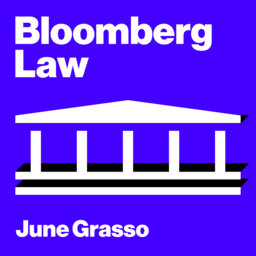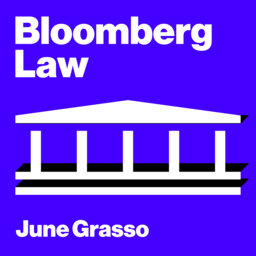Battle Over Pronouns in Schools
Audrey Anderson, who heads the higher education practice at Bass, Berry & Sims PLC, discusses legal cases over schools not telling parents that their child is using a new preferred pronoun. Ethics law expert Arthur Hellman, a Professor at the University of Pittsburgh Law School, discusses the suspension of the country’s oldest federal judge. June Grasso hosts.
 Bloomberg Law
Bloomberg Law


